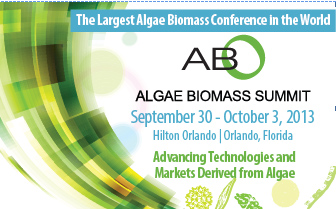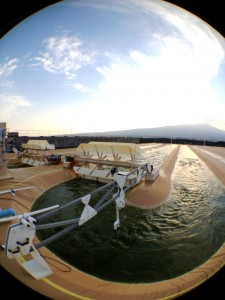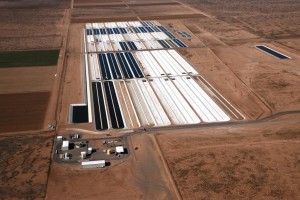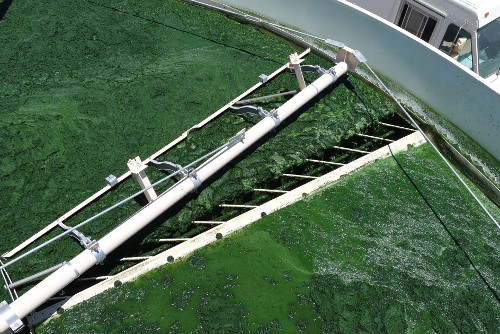2013 Algae Biomass Summit
Solicitation for Abstracts
The Algae Biomass Organization is now accepting abstracts for speaking and poster opportunities for the 2013 Algae Biomass Summit, to be held at the Hilton Orlando in Orlando, Florida, September 30th to October 3rd.
The large number of abstracts submitted last year was unprecedented and we anticipate an even higher number of submissions this year. All abstracts submitted by the first priority deadline of April 3, 2013 will be reviewed by an expert review committee at that time and, if accepted, placed in the appropriate oral or poster sections. Abstracts submitted after this date will be reviewed as received and included in either the oral or poster sessions as applicable. ABO very much encourages all to meet the April 3rd deadline in order to be considered for acceptance. An announcement of acceptance will be sent on or around June 1, 2013 for those meeting the first priority deadline. Please follow the guidelines to the abstract submission page.
Submit Oral and Poster Presentations Here
Why submit an abstract? To expose your business and research to the world’s largest gathering of algal thought leaders. (Also abstracts selected for speaking slots receive a $300 discount for registration to this event).
Review process: Abstracts are reviewed for a variety of criteria such as relevancy, new data or experimentation, clarity in presentation by more than 4 – 6 experts in each primary topic area. A special weighting is applied to Algae Biomass Organization members for their support of the organization. To find out about membership, Click Here.
Abstracts can deal with microalgae and macroalgae (seaweeds) and should fit into one of the following four primary topic areas, and 1 to 4 selected secondary topic areas.
2. Commercialization
3. Engineering and Analysis
4. Finance and Policy
Secondary Topic Areas:
B. Algae-strain development, selection and breeding
C. Genetics and genetically modified algae
D. Crop protection
E. Algae cultivation processes – ponds, photobioreactors, fermentations
F. Harvesting and dewatering technologies
G. Waste water remediation, nutrient recycling
H. Carbon capture and CO2 recycling
I. Extraction, processing and conversion to end products
J. Advanced biofuels
K. Food, feeds and nutraceuticals
L. Bioplastics and chemicals
M. Life Cycle Analysis and techno-economic modeling
N. Markets, products and business development
O. Commercial scale production
P. Project siting, facility co-location
Q. Project financing, venture capital, joint ventures, strategic partnerships
R. Tax and legislative initiatives, US national and state and international
S. Government agency programs and funding
T. Industry stakeholder initiatives, sustainability and regulatory policy
U. Others topics not included in above (please specify)
Submit Oral and Poster Presentations Here
is Now Live
Log on Today and Get the Latest Info
Log on to the new Algae Biomass Summit website and submit an abstract or view the exhibit booth and sponsorship opportunities that remain. Many companies have already gained the best placement on our trade show hall floor. Now is the time to get the best position. Log on now.
View Algae Biomass Summit Site View Expo Map View 2012 Summit Photos
Meet New Customers in Orlando!
Because of the huge success this year, premium booth space and sponsorships for the Algae Biomass Summit in Orlando, Florida are already going fast. As an exhibitor or sponsor you’ll receive two full registrations and valuable exposure at the service@algalbiomass.org
Become a Sponsor Become an Exhibitor
Save $250 on Your Conference Registration
Help support the algae industry by becoming a member of the Algal Biomass Organization. The Algal Biomass Organization (ABO) is a non-profit organization whose mission is to promote the development of viable technologies and commercial markets for renewable and sustainable products derived from algae. Its membership is comprised of people, companies and organizations across the value chain.
Don’t wait. Become a member of the ABO and take advantage of the conference savings.
For more information, contact us at 866-746-8385 or e-mail service@algalbiomass.org




